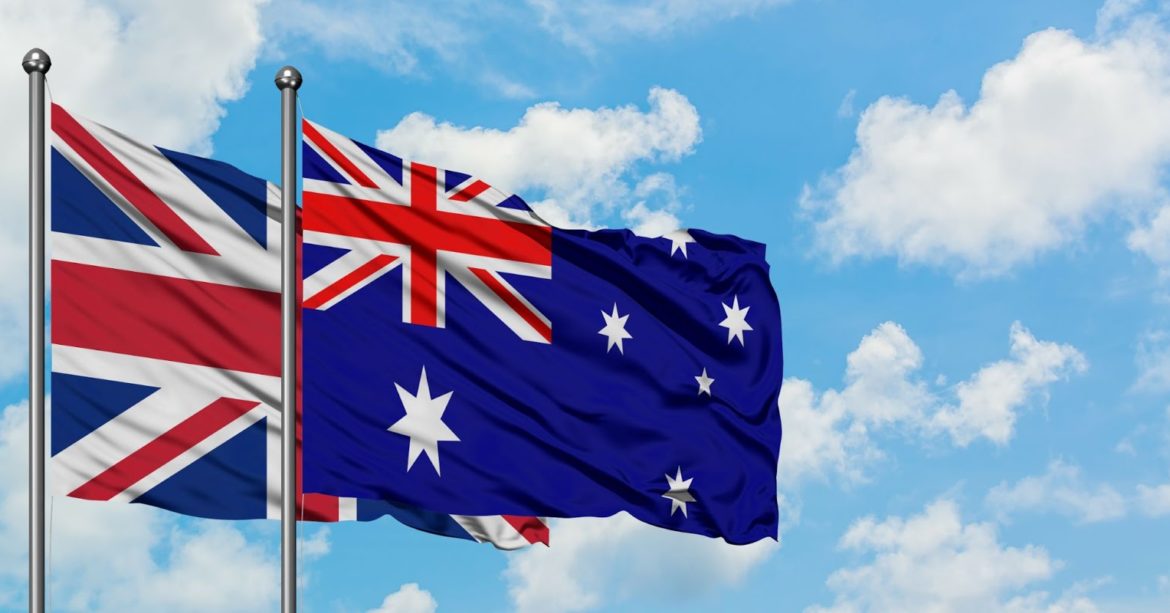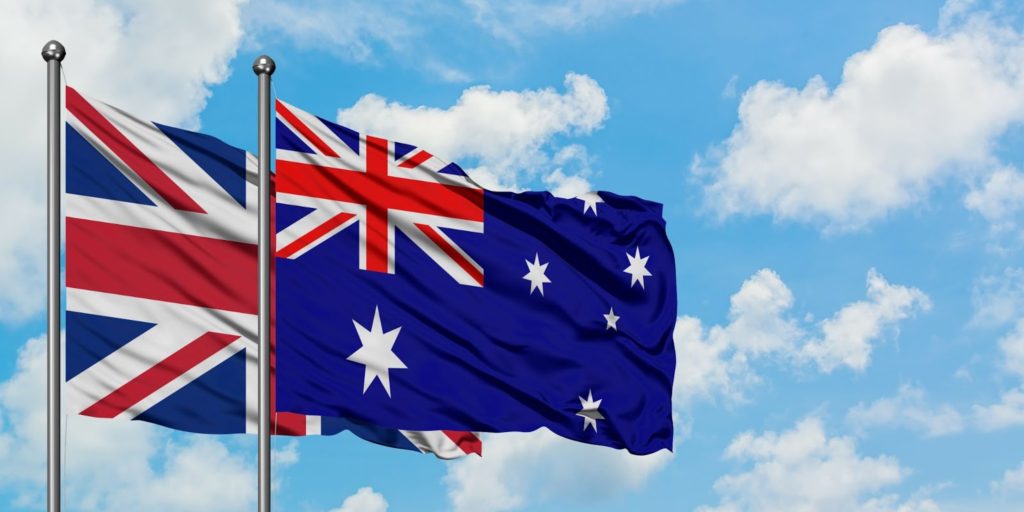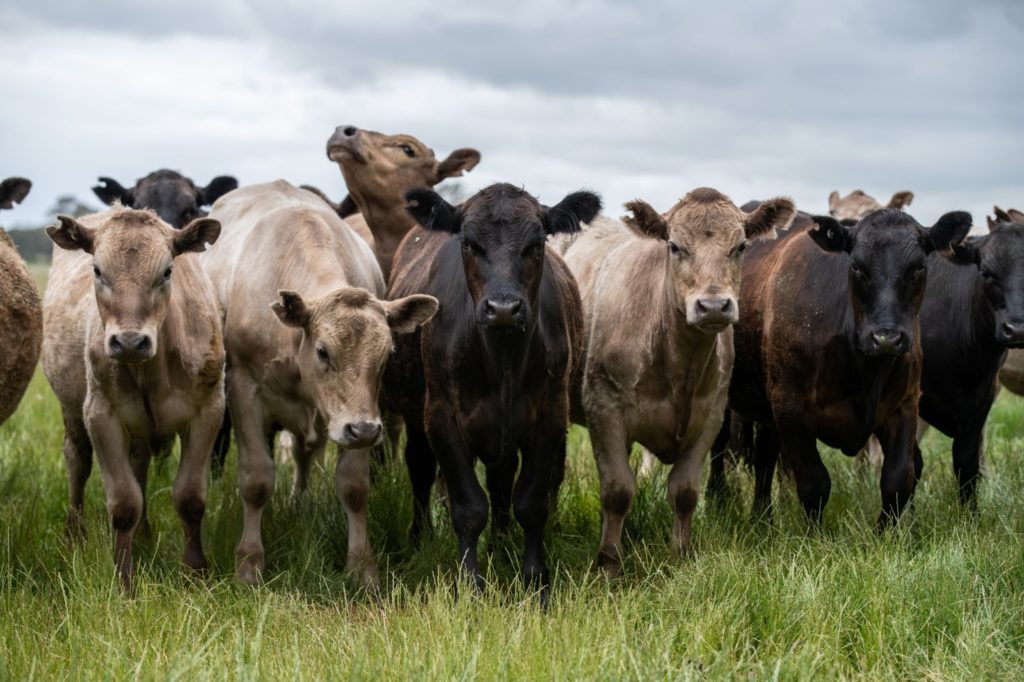UK Free Trade Deal (will Australian Farmers benefit?)
The United Kingdom (UK) has proposed a free trade deal with Australia. As part of the proposed terms of the UK free trade deal both countries would phase out taxes on imports over a period of 15 years. The deal has been contentious in the UK with objections within the cabinet.
However, the cabinet dispute seems to have been resolved and the UK’s International Trade Secretary, Liz Truss, has officially made the offer to her Australian counterpart, Australian Trade Minister Dan Tehan. If the deal can be agreed, the countries both hope to increase the value of trade between them. This value was around AUS$36.7 billion in 2019-2020. Right now, meat plays a very small role in Australia’s export market with the UK. Only 0.15% of Australian beef exports go to the UK. However, there is potential for this figure to increase if and when a free trade deal happens.
Key points
- The UK has proposed a free trade deal with Australia.
- The UK’s International Trade Secretary, Liz Truss, officially made the offer to her Australian counterpart, Australian Trade Minister Dan Tehan.
- If an agreement is reached, tariffs will be phased out over approximately 15 years.
- Australian farmers are concerned about potential restrictions put in place that may reduce the amount of beef and lamb they can export under the deal.
Flexi Farm Machinery Shed
Still a way to go before deal agreed
It’s important to note that the free trade deal with the UK is still far from set in stone. The farming sector in the UK is concerned about any potential negative impact on farmers and producers in the country. This means that the UK Department for International Trade has promised to put protections in place.
For example, there is a suggestion that quotas of beef and lamb would be subject to set limits within any free trade agreement between Australia and the UK. It’s unlikely that the Australian Government will agree to this.
There is also some disagreement about the number of years over which tariffs will be phased out. Australia wants the period to be 10 years rather than the 15 proposed by the UK. It’s possible that the two countries will reach an agreement on a period that is somewhere in-between.
Australian farmers divided on positive impact of potential deal
According to the Australian Government – Department of Foreign Affairs and Trade, the potential trade deal with the UK will be beneficial. The possible positives of the deal include supporting the post-COVID recovery of the country and supporting Australian commitment to global trade liberalisation.
The government believes that a good deal will give Australian exporters a competitive edge in the market. Australian farmers have more mixed feelings about the free trade agreement. Some are keen to increase exports to the UK which will hopefully further improve what is a relatively healthy export market. Others are still struggling to keep up with domestic demand.
There is a feeling within the farming industry that the UK Government may build strict criteria into any deal, when it comes to the quality of beef and lamb. This may include issues around the use of hormone growth products which is commonplace in Australia but not in the UK. Australian beef farmers see this as a potential restriction for them in the export market to the UK.
Considering the potential of criteria being attached to any agreement, It’s likely that this may make any deal more attractive to producers in the high-end market. They are more likely to find it viable to adhere to criteria set by the UK which is one of the strictest beef import markets in the world.
Overall, there are no definitive details about what any Australia/UK free trade agreement will involve. This leaves much uncertainty about the potential benefits for Australian farmers. Both countries are set to attempt to secure a deal that is lucrative for them so it’s likely to take time before an agreement is reached. This is also only the first stage of the process.
Once an agreement is in place, the free trade agreement will be put to Parliament. An enquiry will then be launched by the Joint Standing Committee on Treaties (JSCOT) with the committee reporting its findings to Parliament. Once this has happened, Parliament will consider any amendments to legislation, or new legislation, required for the agreement to be implemented.
It’s clear that this will take a considerable length of time. So, it may be a while before any trade agreement is implemented and resulting effects are felt. Only then will the full extent of any benefits for Australian farmers be clear.



